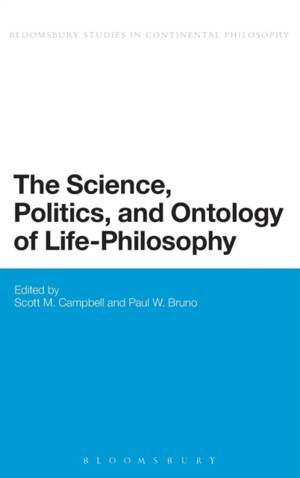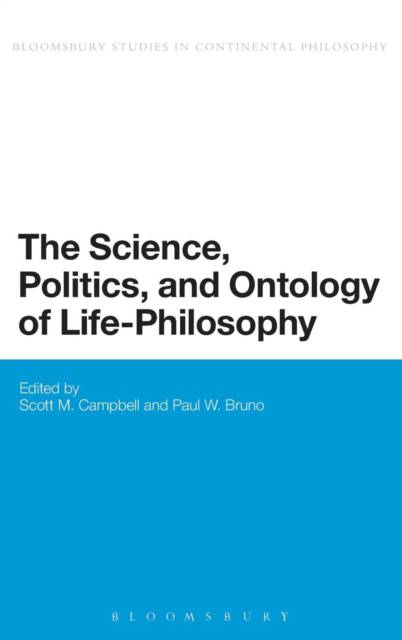
- Retrait gratuit dans votre magasin Club
- 7.000.000 titres dans notre catalogue
- Payer en toute sécurité
- Toujours un magasin près de chez vous
- Retrait gratuit dans votre magasin Club
- 7.000.0000 titres dans notre catalogue
- Payer en toute sécurité
- Toujours un magasin près de chez vous
The Science, Politics, and Ontology of Life-Philosophy
296,95 €
+ 593 points
Description
Lebensphilosophie, central to nineteenth-century philosophical thought, is concerned with the meaning, value and purpose of life. In this much-needed study, historical lebensphilosophie is returned to the core of philosophical investigations and revealed in the contemporary ascendency of 'life' in philosophical thinking.
Scholars from aesthetics, bioethics and ontology examine how the notion of life has made its way intocontemporary philosophical discussions. They identify three main themes: the shift toward biological and technological views of life, altering Dilthey and Nietzsche's emphasis on historical life over biological life; the relationship between biopolitics and political liberalism and the re-emergence of the idea of life - so important for the traditional life-philosophers - in recent discussions about care of the self, existential gratitude skepticism and the emotions. Anticipating new directions of philosophical thinking, this study restores a vital school of thought to crucial discussions about the dangers of contemporary politics and the threat of new technologies.
Spécifications
Parties prenantes
- Editeur:
Contenu
- Nombre de pages :
- 304
- Langue:
- Anglais
- Collection :
Caractéristiques
- EAN:
- 9781441123534
- Date de parution :
- 04-07-13
- Format:
- Livre relié
- Format numérique:
- Genaaid
- Dimensions :
- 157 mm x 236 mm
- Poids :
- 566 g

Les avis
Nous publions uniquement les avis qui respectent les conditions requises. Consultez nos conditions pour les avis.





